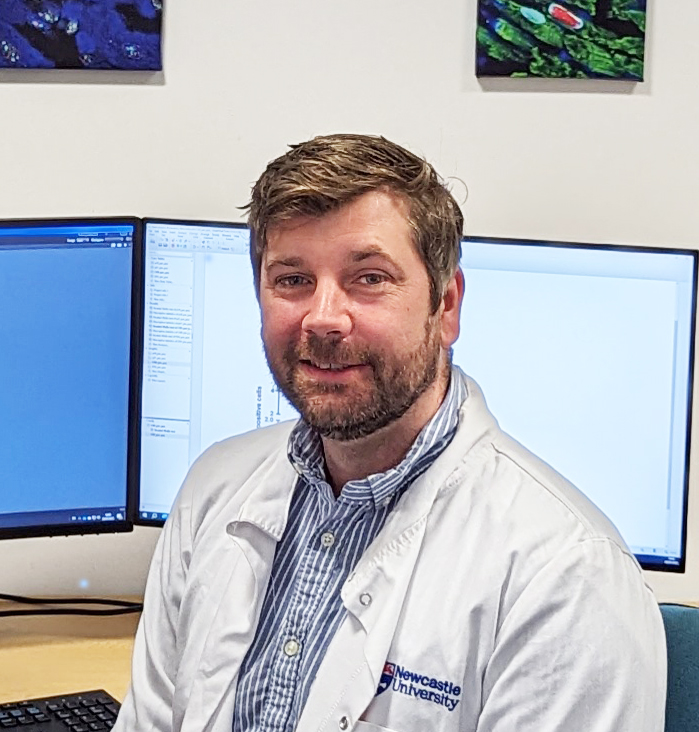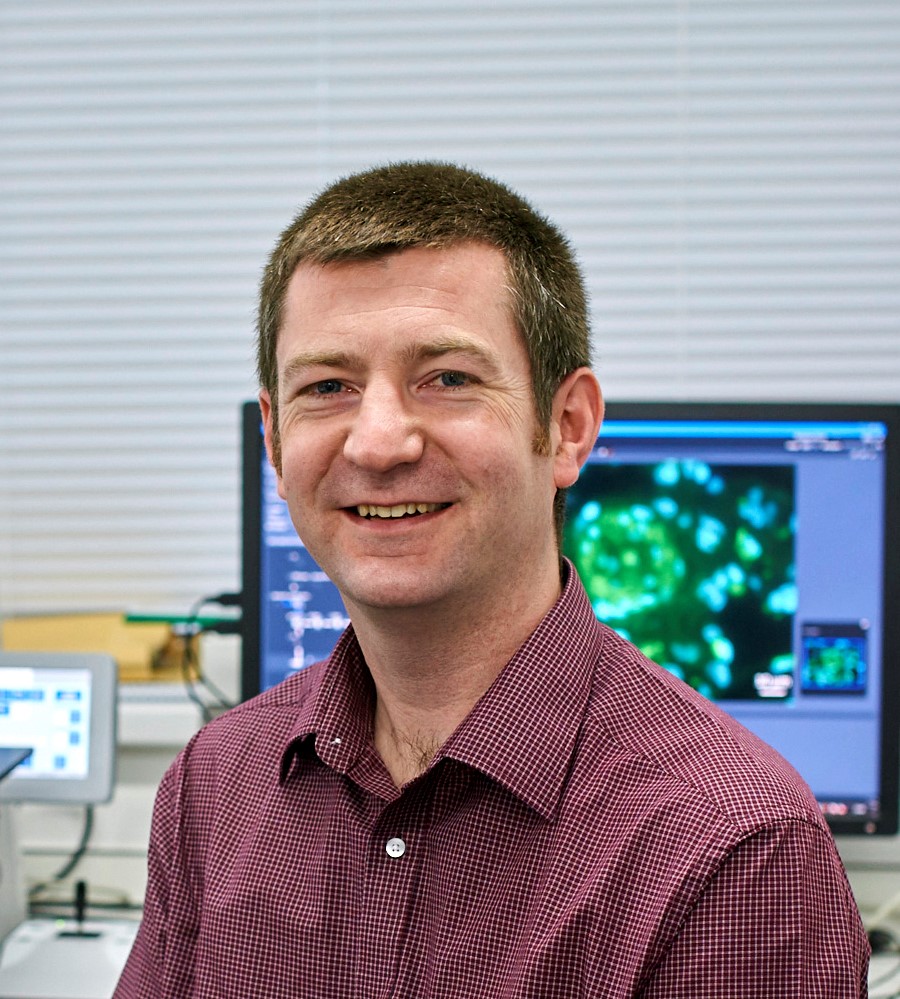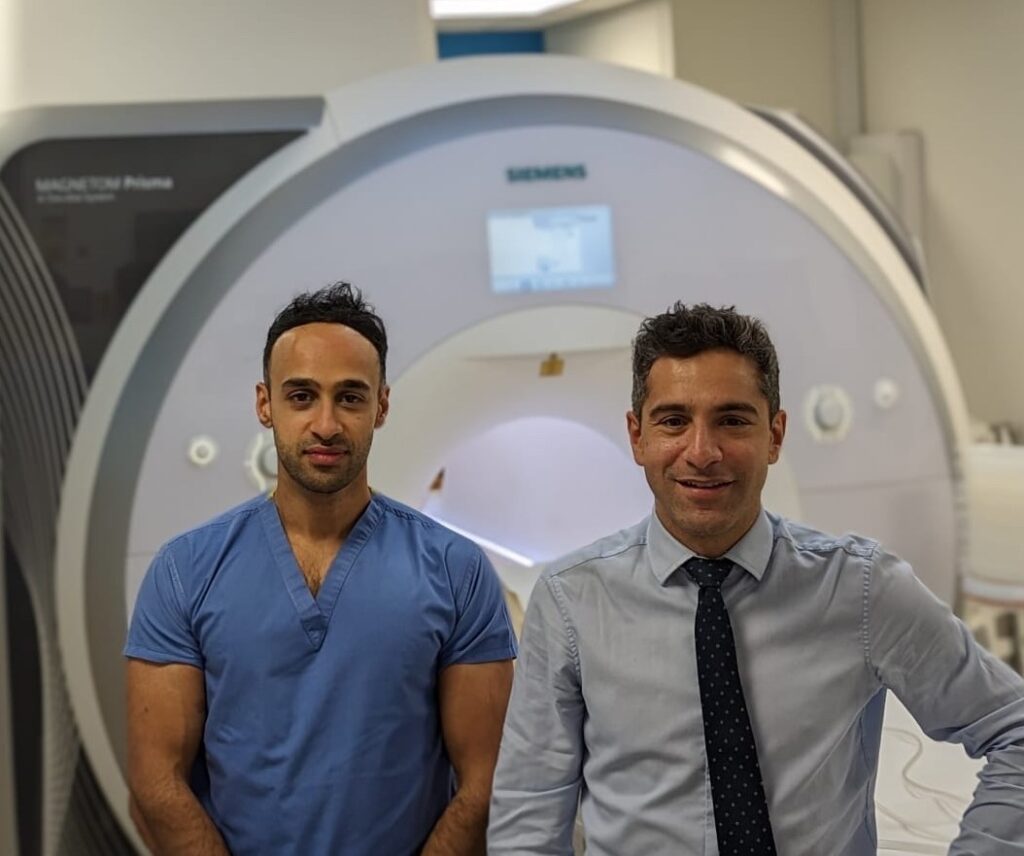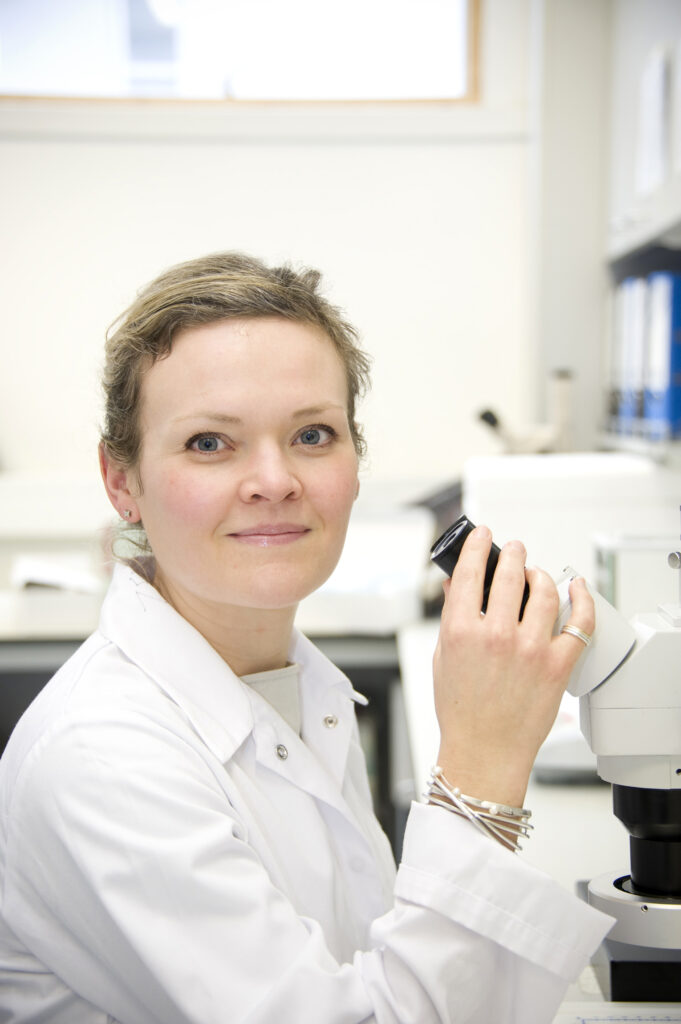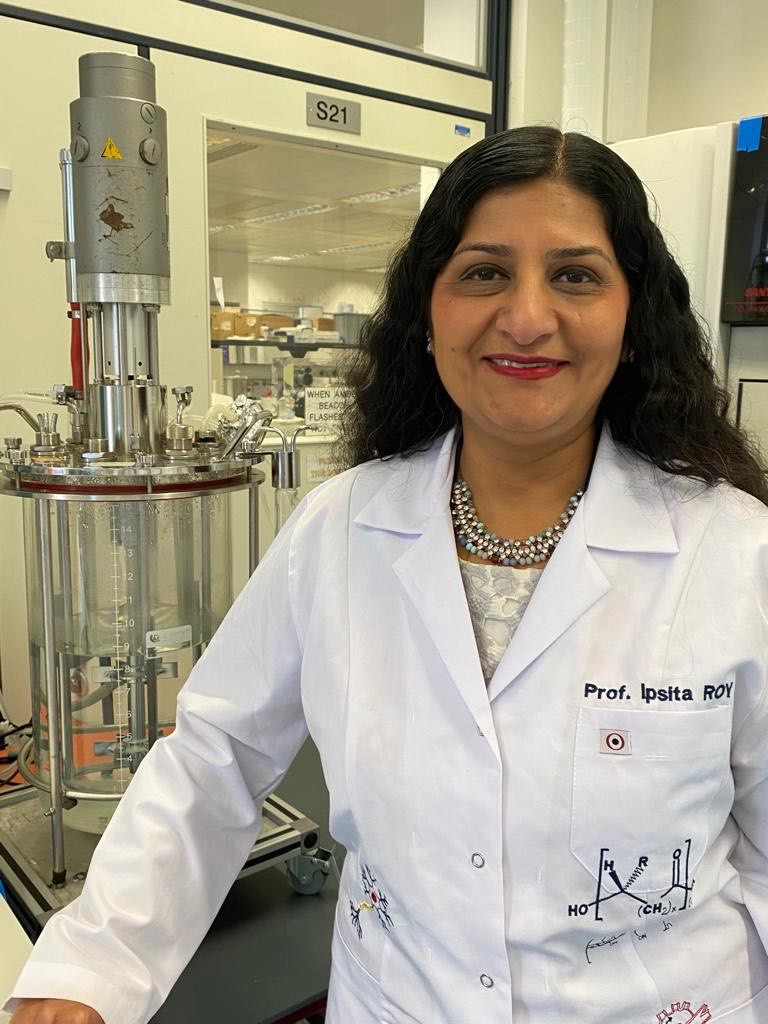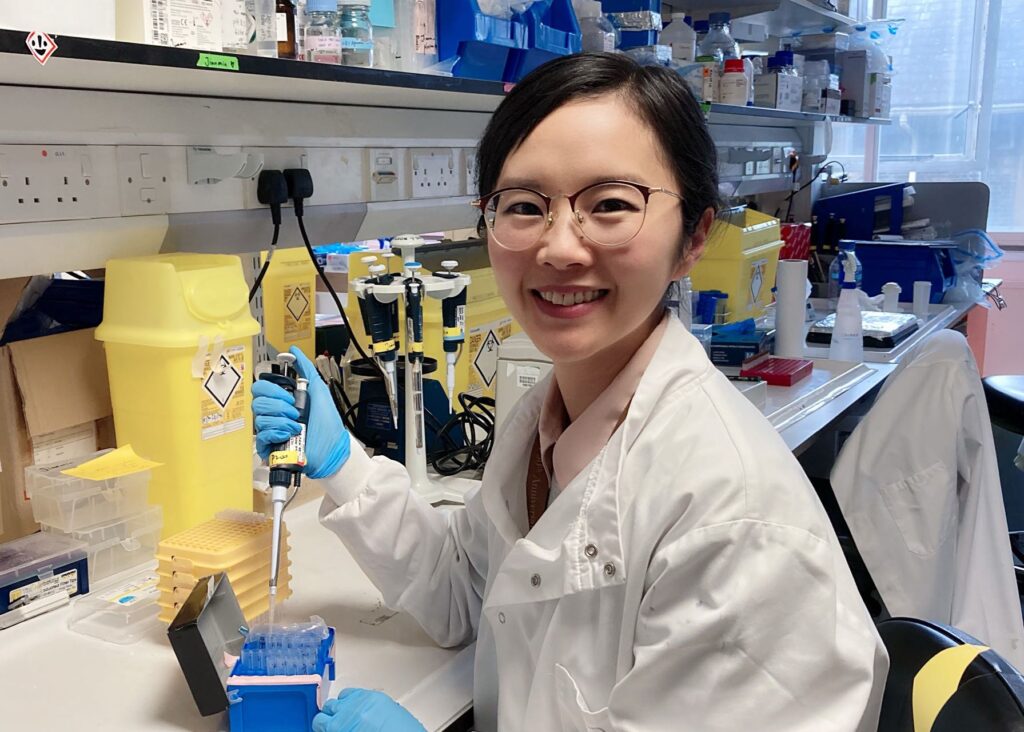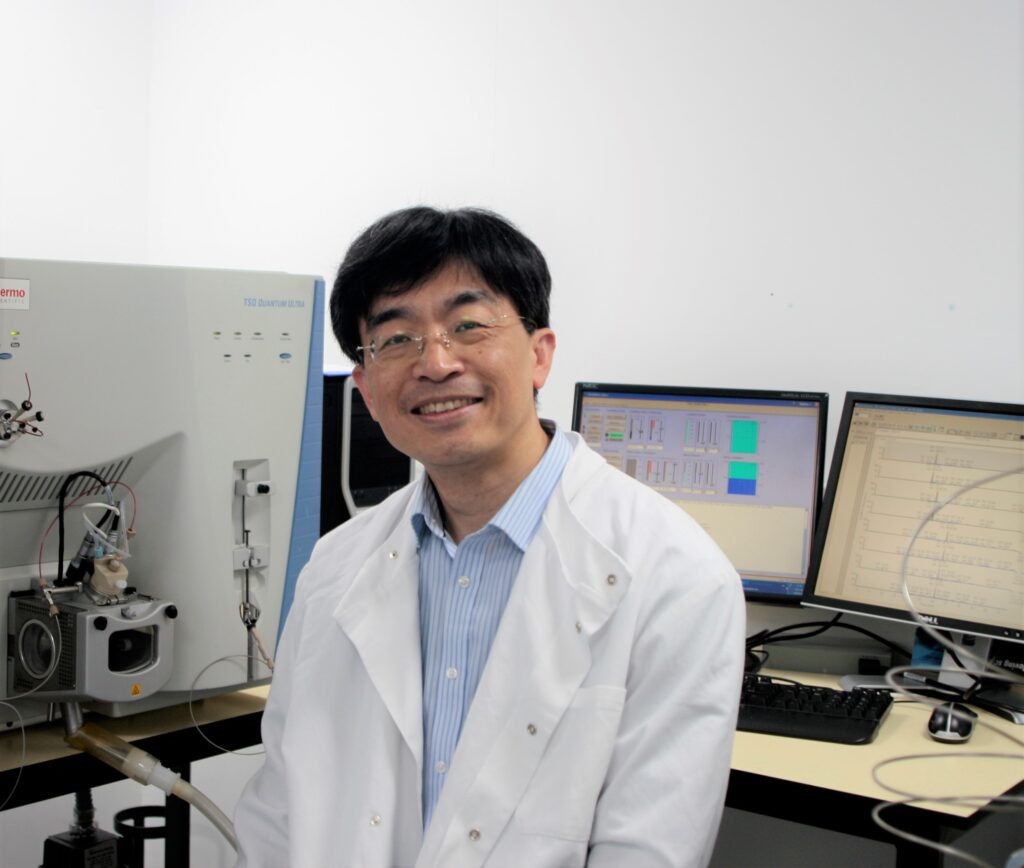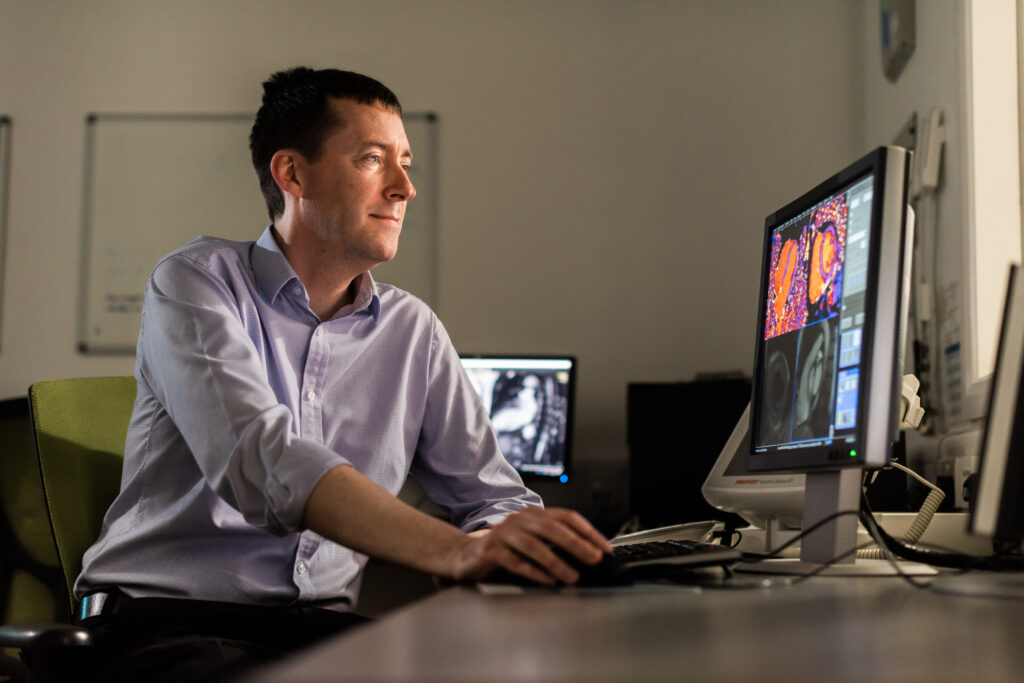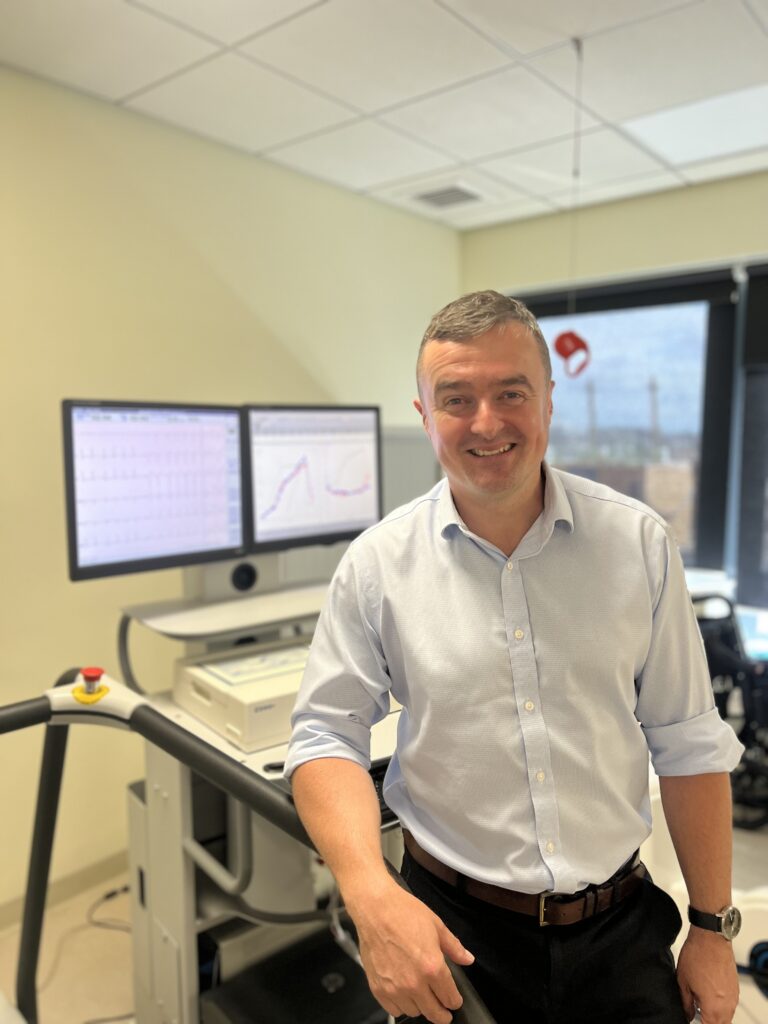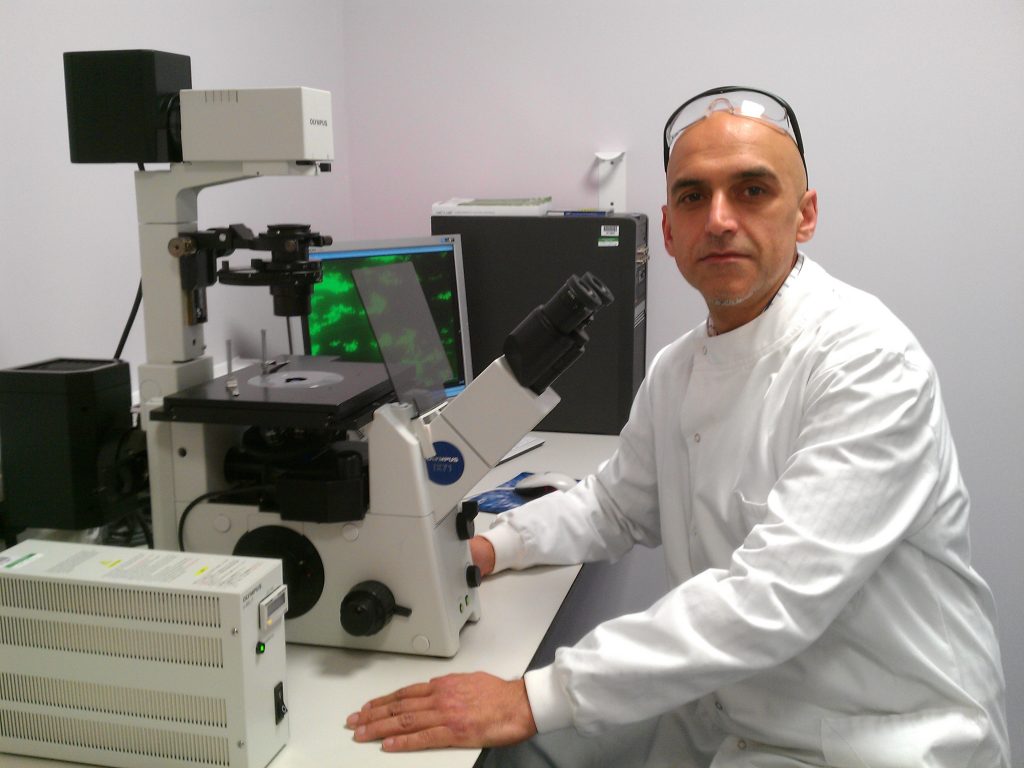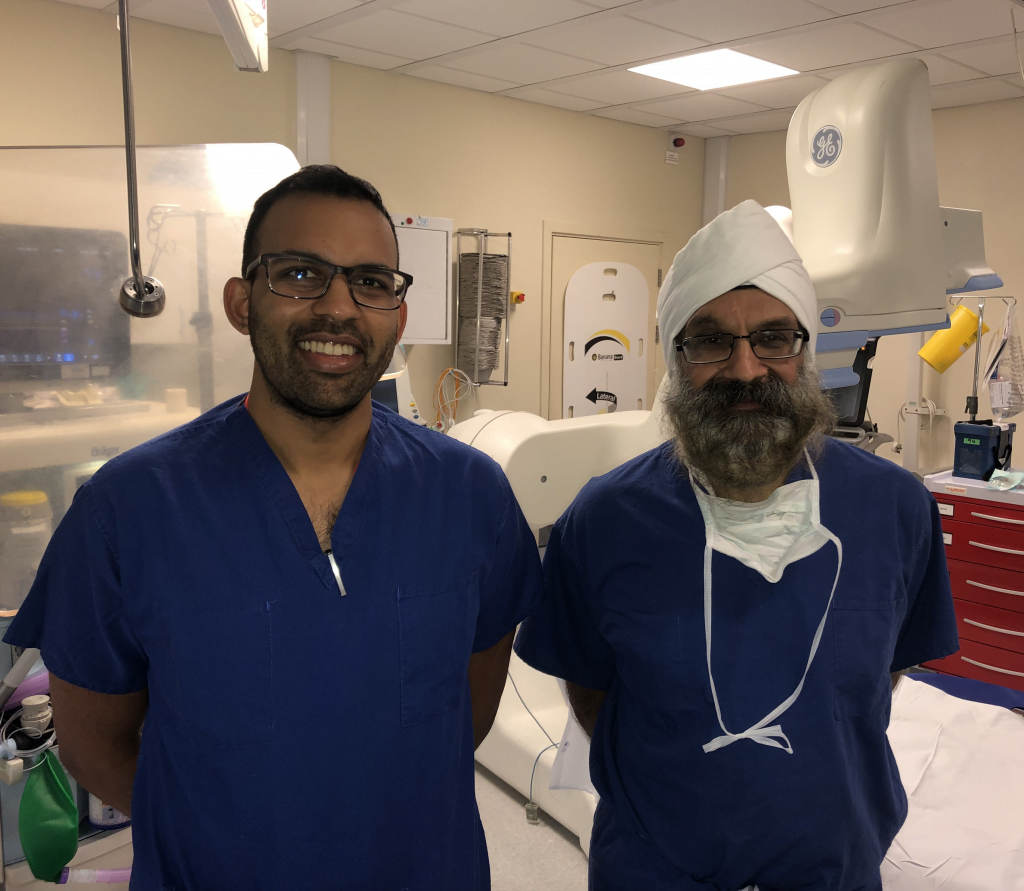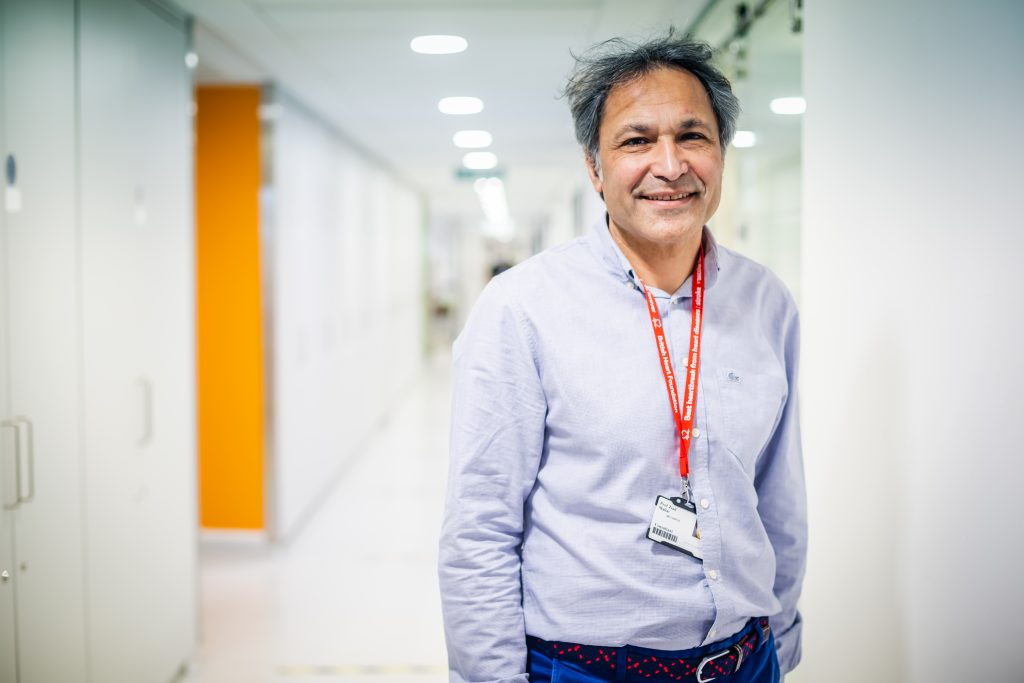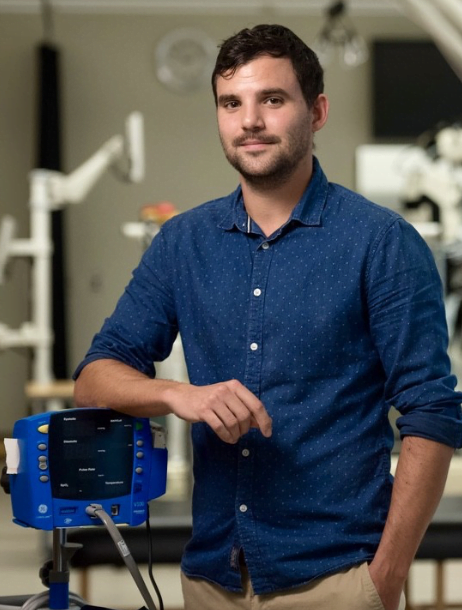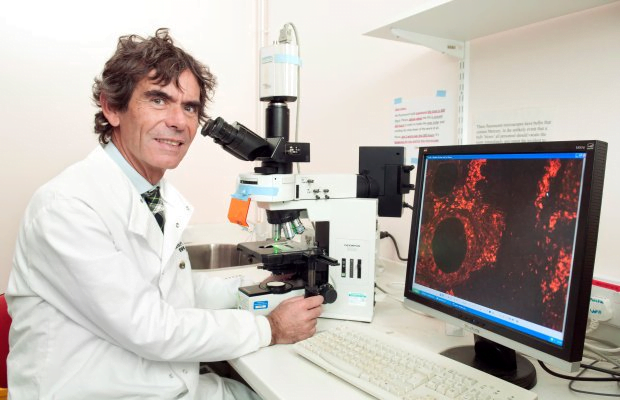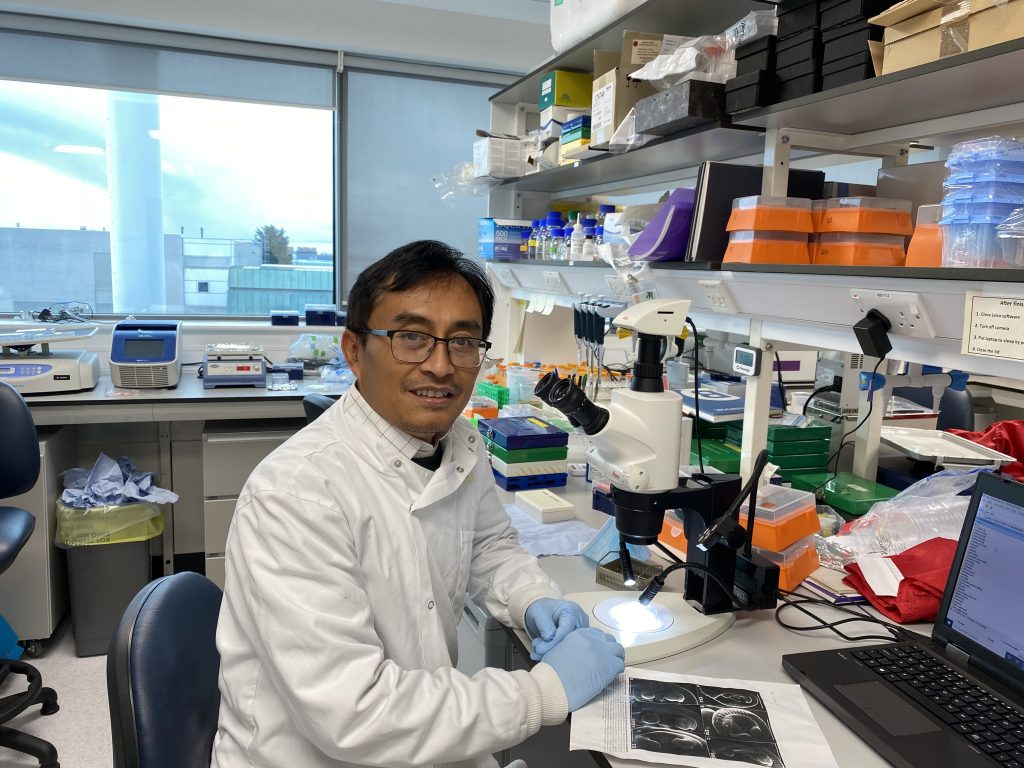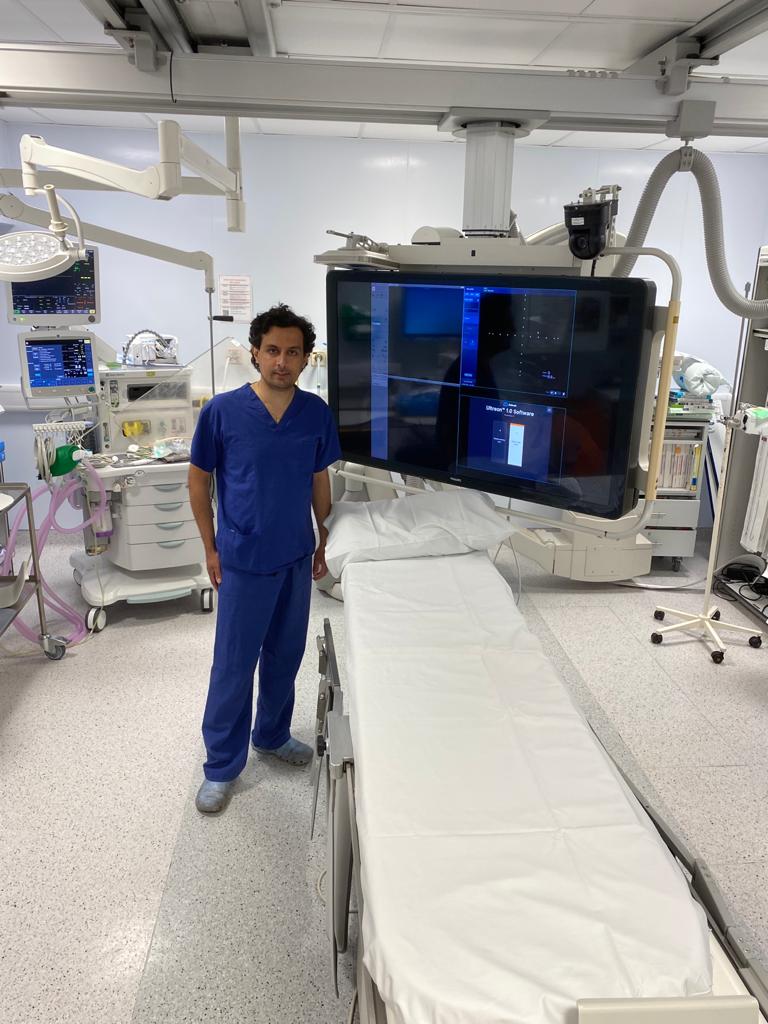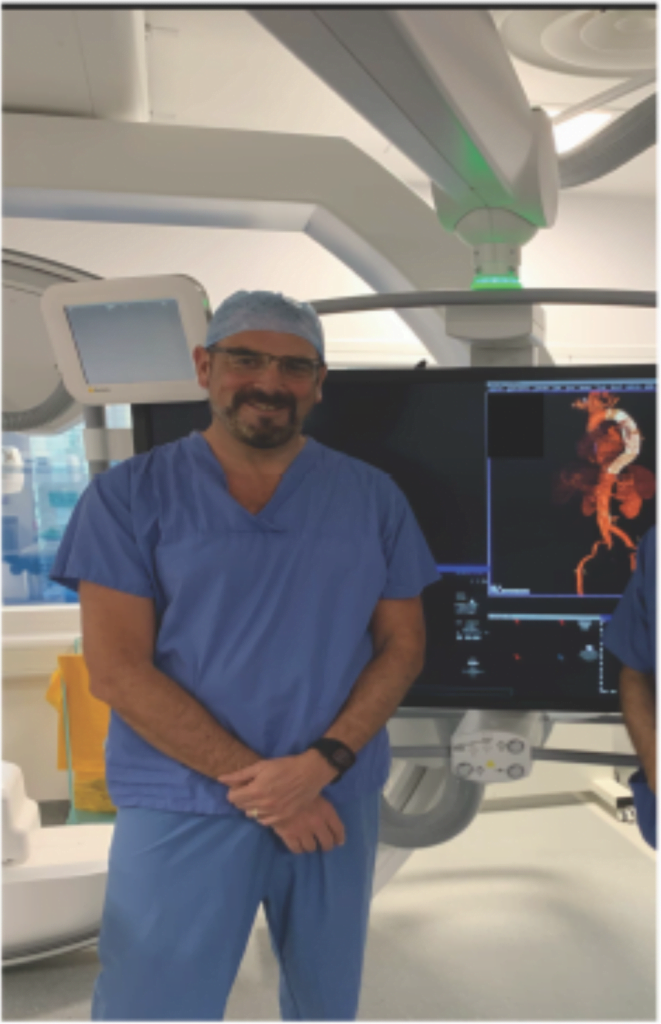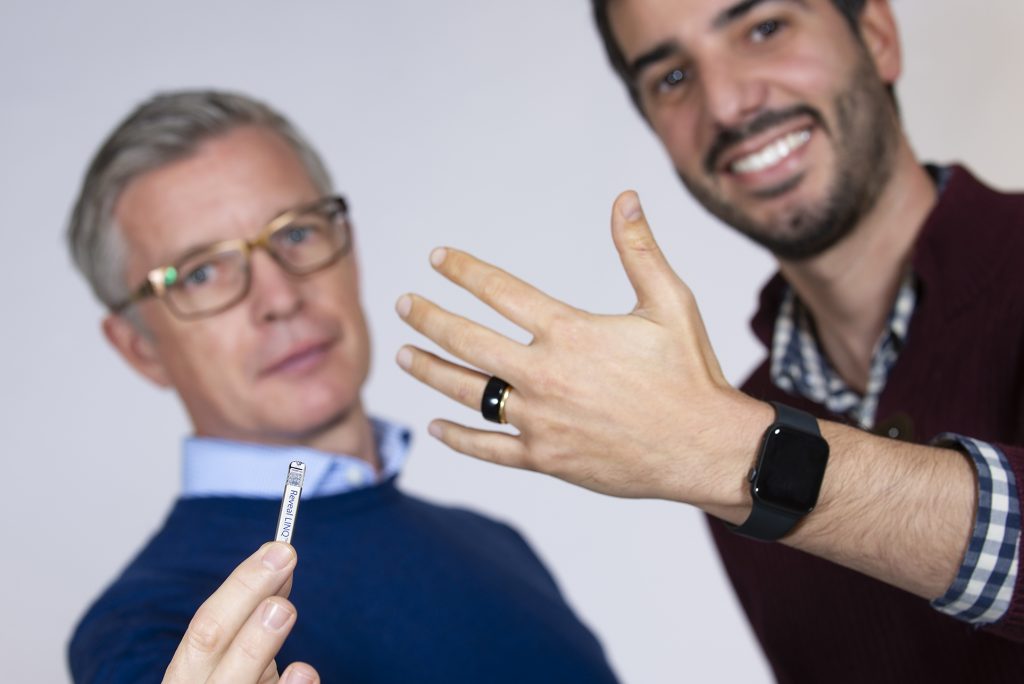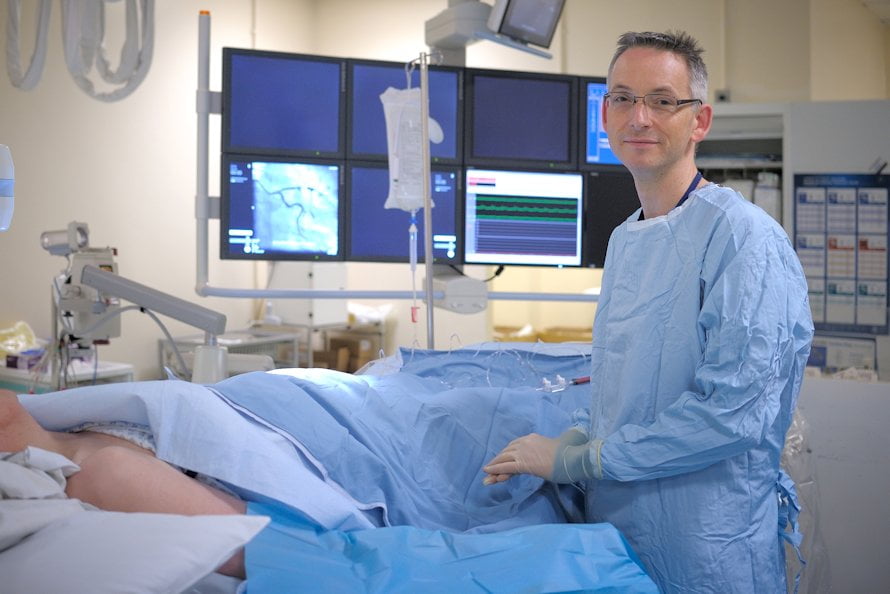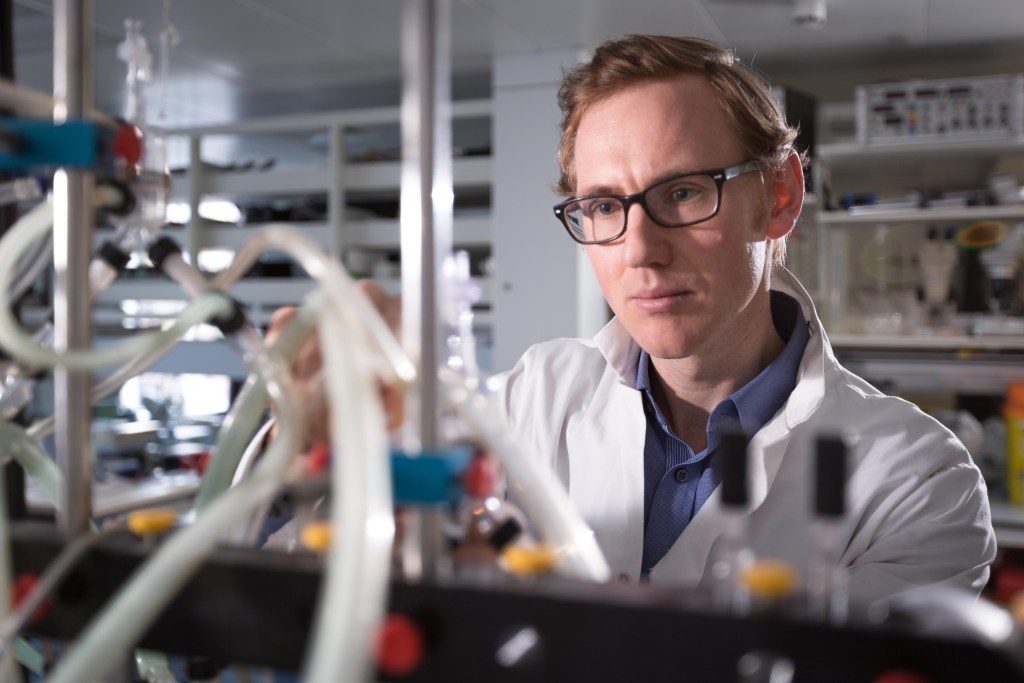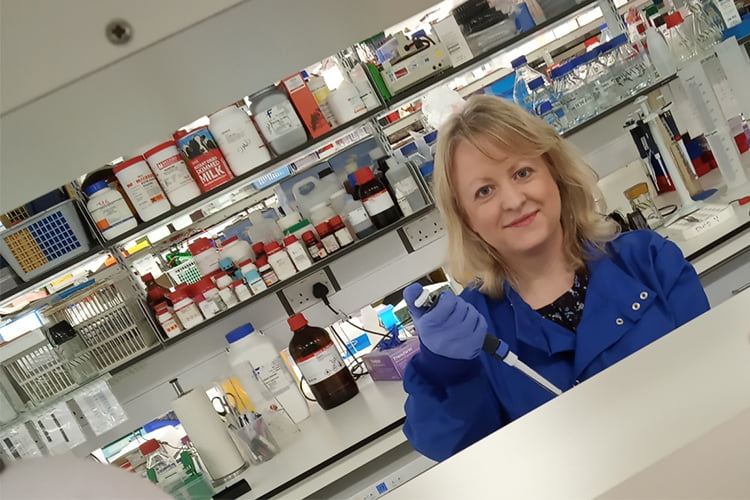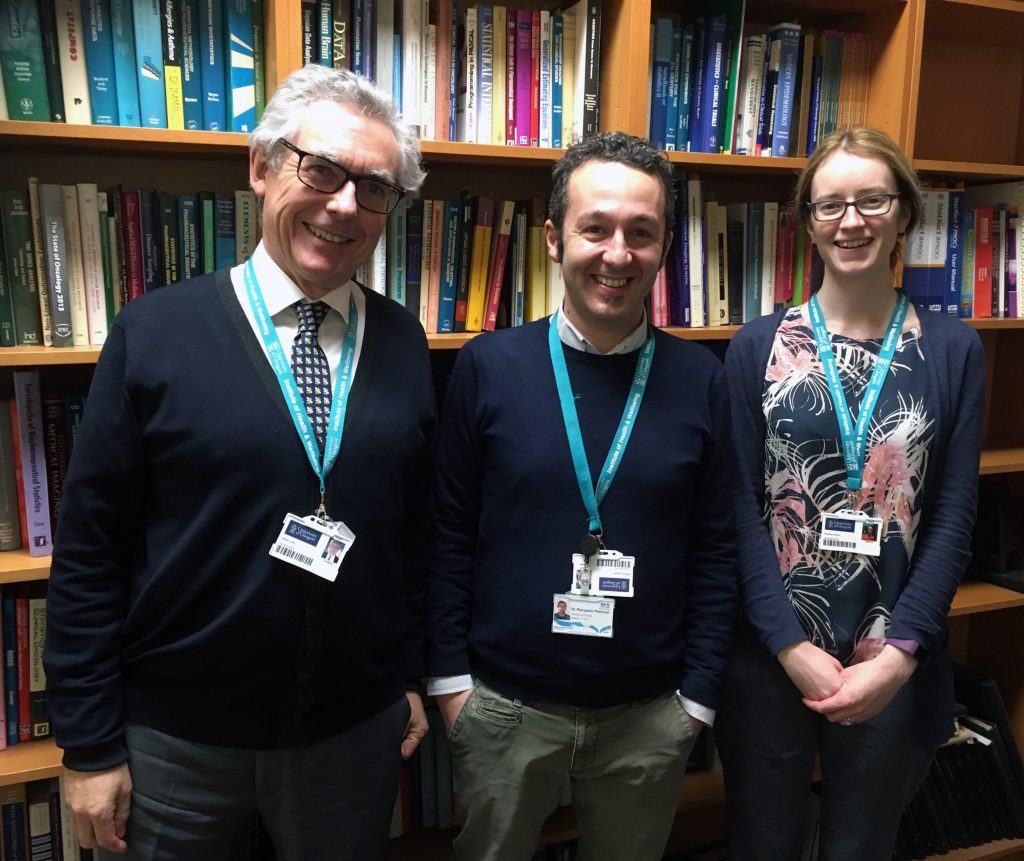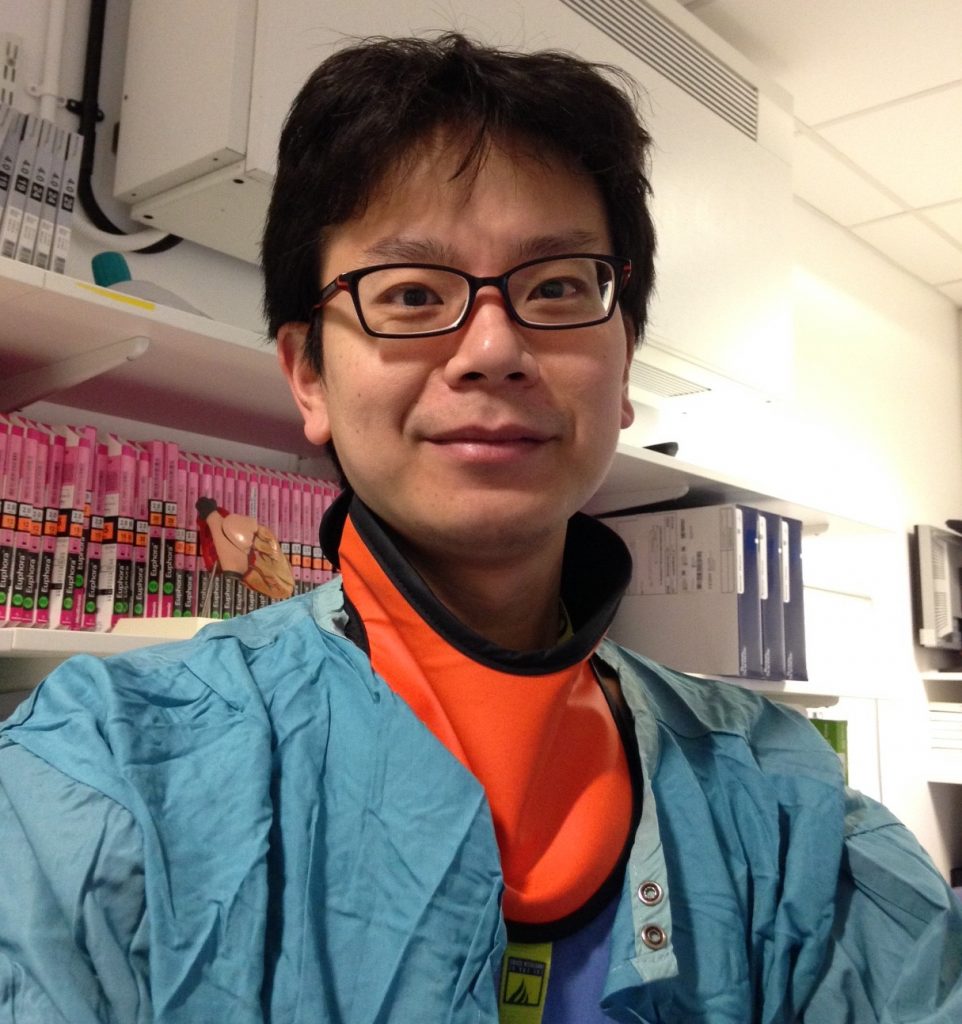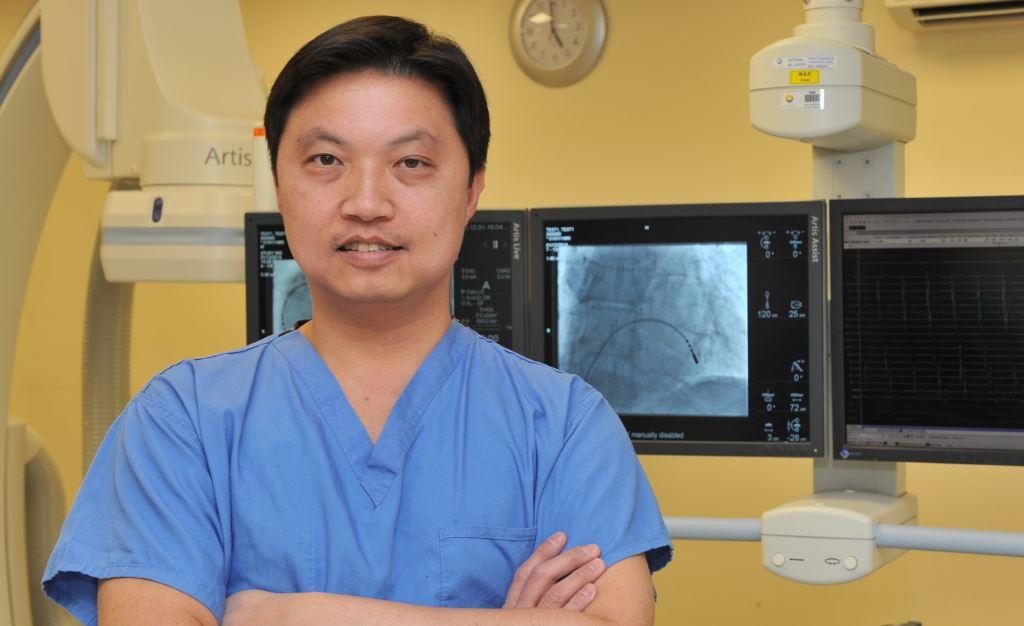Translational Research Project Grant
Dr Andrew Smith, University of Leeds
Amount: £114,992
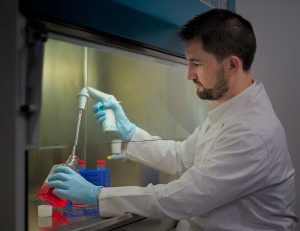
Diabetes and heart disease are closely linked. The aim of this project is to investigate whether ‘biomarkers’ produced by blood vessels can be used as an early test for diabetes, so that progression to full diabetes can be prevented.
Diabetes and heart disease are closely linked and people with diabetes have a higher risk of developing coronary heart disease. Almost 3.7 million people in the UK have been diagnosed with diabetes and this number is expected to rise to 5 million by 2025. Diabetes causes severe damage to blood vessels throughout the body, with serious consequences such as heart attacks, strokes and loss of limbs. Therefore, ways of detecting changes in blood vessels would mean that diabetes could be spotted at an earlier stage.
Cells in blood vessels produce proteins due to diabetes which are released into the bloodstream. Dr Smith’s team has developed a new technique to collect proteins from cells before they are released into the bloodstream, without damaging the cells or tissues. They will see whether these proteins can be used as ‘biomarkers’ to assess when cells have been changed by disease, and to track these changes as disease develops.
Finding these biomarkers before they have been released from cells means that the development of diabetes can be detected at an earlier stage. They will also use this strategy in fully-established diabetes, to identify people at high risk of heart attack, strokes or limb loss.
The ultimate aim is for the biomarkers to be used as a test for the early diagnosis of diabetes. This would mean that through lifestyle changes and medical treatment, progression to full diabetes could be prevented, before it is irreversible. The project also aims to identify disease biomarkers in patients who already have full diabetes, so that their treatment can be optimised.



